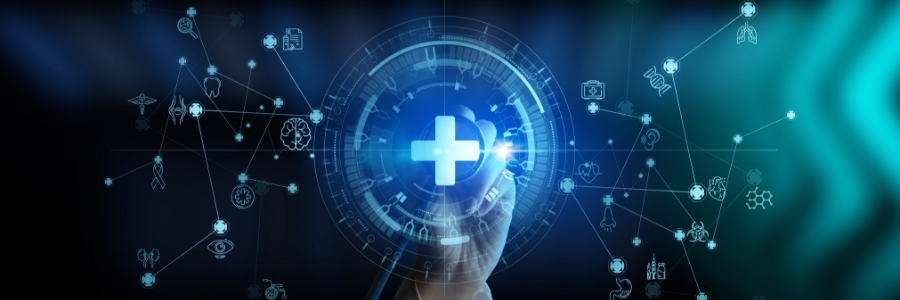Safeguarding protected health information (PHI) is vital for healthcare institutions worldwide. PHI, which encompasses a broad spectrum of data from medical records to financial information related to healthcare, remains a prime target for cybercriminals.
Defending healthcare data: How to keep PHI safe from cyberattacks
Healthcare cybersecurity: 5 Strategies to protect against insider threats
Properly securing customers’ PHI

Cybercriminals continue to find ways to penetrate organizations and steal sensitive data. It is therefore critical that businesses take steps to secure their systems in order to protect customers’ protected health information (PHI). Read on to learn more about how you can keep PHI safe from cybercriminals.
Protect your business — and your customers — by following these PHI management tips
4 Important details about HIPAA compliance

Getting your practice up to code when it comes to Health Insurance Portability and Accountability Act (HIPAA) regulations can seem challenging upon first glance, but knowing where your IT efforts must be prioritized is the first step. In this article, we’ll zero in on four of the most critical items you must look into to become HIPAA-compliant.
Safeguard PHI with these tips
The best way to secure PHI

Hospital data breaches are emerging at an alarming rate and show no signs of slowing down in 2019. That’s because data fetches a hefty price on the black market, making hospitals prime targets for cybercriminals. The best way to defend against these threats is to arm your team with the following systems and protocols.
Kanye West and HIPAA: an unlikely lesson

Two trends have been rising in popularity in tandem: HIPAA compliance audits and social media. Obviously both of these are far too important to be correlated directly, but they do intersect with each other. Social media tends to push people toward oversharing, and that’s definitely something you don’t want when hosting regulated patient data.




